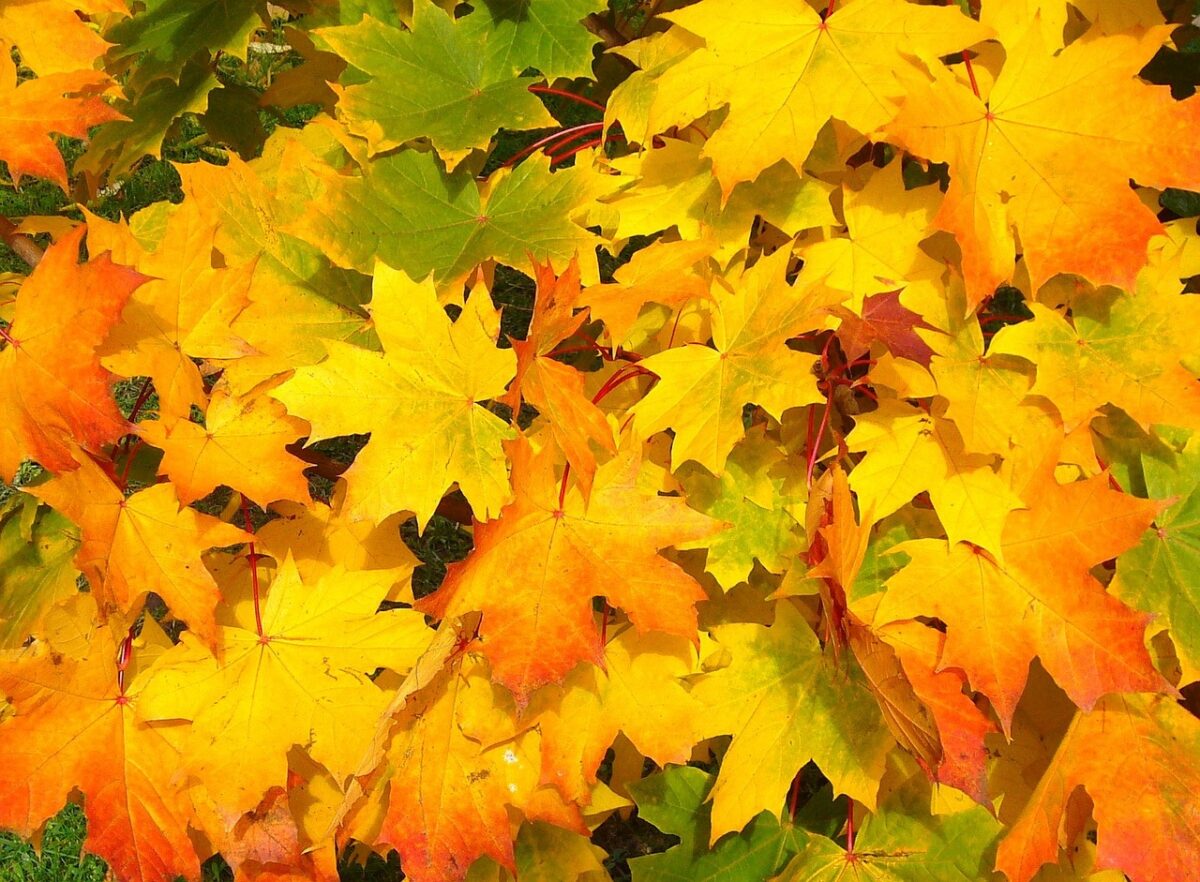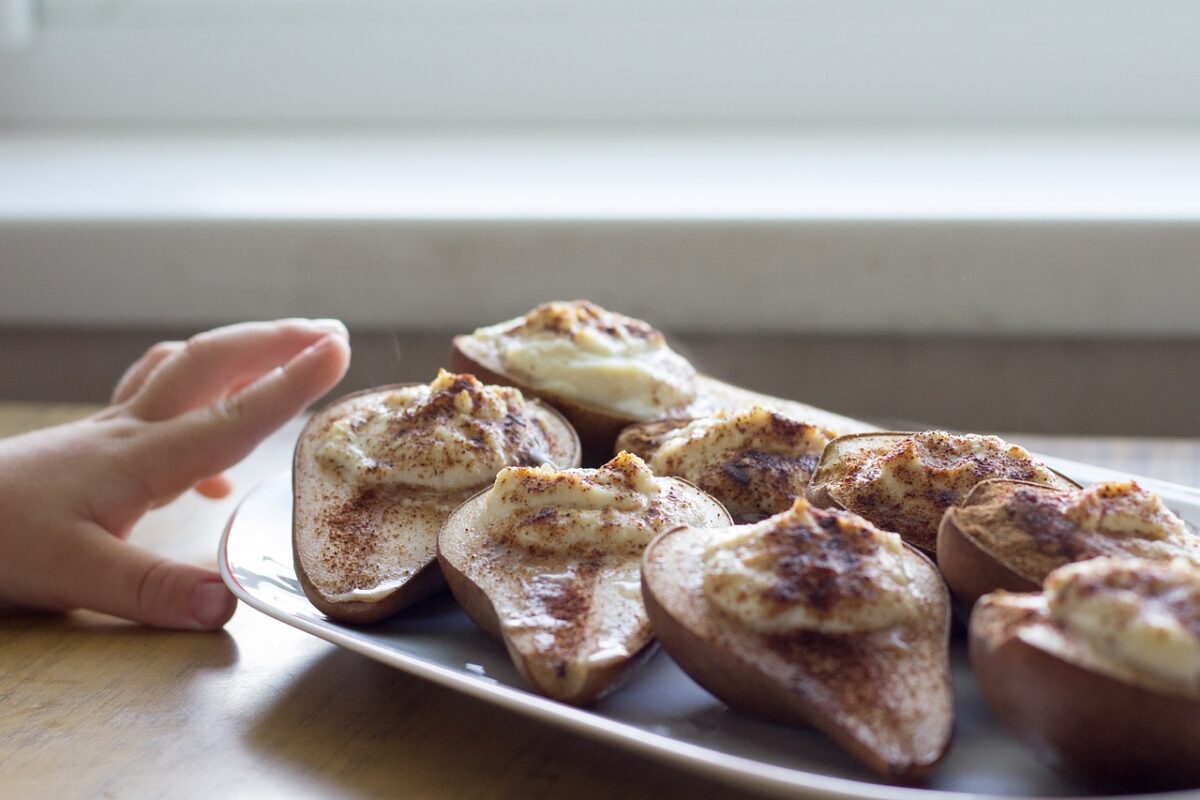Fall has arrived! The leaves are changing, the air is cooling, and the days are becoming shorter. Autumn is a time of many transitions, and it is an important season in the Chinese Medicine tradition. During this time of year, we see a shift from the bright Yang, bursting energy of summer toward the Yin, contracting stillness of winter. This transitional season is an optimal time to address our health and boost our immune system in preparation for the changes to come.

In Traditional Chinese Medicine (TCM), Fall is associated with two organs, the Lung and the Large Intestine. The Lung is said to correspond to our Wei Qi or Protective Qi, what western medicine calls our immune system. By strengthening our Lungs, we reinforce our ability to fight pathogens that affect this organ. Dry air frequently makes us more vulnerable to respiratory illnesses. In Colorado especially, the dryness can irritate our lungs and, when combined with fluctuating temperatures and seasonal pathogens, put us at higher risk for imbalance. We are already seeing an increase in COVID cases, common colds, and seasonal allergies.
The large intestine, on the other hand, corresponds to elimination or “letting go”. Chinese medicine derives much of its framework from observing our environment. All around us, as the trees begin to shed their leaves and “let go”, nature is illustrating this concept. We humans can also benefit from “letting go” at this time of year in order to keep our energy flowing and relieve constipation. Before we go inward, and store for the winter, it is good to take a look around and see how we might be able to make some space and look at how we can let go both emotionally, and in our own spaces.
What concrete steps can we take to support our immune system, specifically, our Lung and Large Intestine?
- We can start by combatting dryness with nourishing foods and fluids. Pears, apples, and seasonal squashes, especially when baked, are great to moisten the Lungs. Try an Asian pear, known to help with both cough (Lung) and constipation (Large Intestine). Also, decrease cold, raw foods such as salads that are harder to digest. Steamed or roasted vegetables and soups will warm you from the inside out and are filled with great nutrition. Take in additional fluids. Rather than just drinking cold water, try warm water with lemon and honey. Honey is considered a Chinese herb and is used for its moistening properties. See the recipe below for a delicious nutritious treat incorporating pears and honey.
- We can also observe nature and follow its rhythm. As daylight decreases, try to get to sleep earlier and get some extra rest. Linda Geddes in Chasing the Sun says “Our biology is set up to work in partnership with the sun. Little wonder then that humans have long worshipped and revered our nearest star: life itself arose on earth because its relationship with the sun was a special one, and that relationship still affects us well into the era of electric lighting, indoor workdays, and vitamin D supplements.” Besides setting up your day to get the most possible sunshine (rising early and going to bed early), light therapy can also be incorporated into your routine.
- Consistently incorporating mindfulness such as meditation, tai chi, qi gong, or yoga can help you to turn inward and develop a more seasonal calm energy.
- Colorado often has rapid fluctuations in its weather. Be aware of the changing weather and dress appropriately. This may sound like a minor detail, but in TCM, pathogens can enter your body more easily when you are exposed to both wind and cold. Having a scarf with you allows you to quickly put on a bit more protection around your neck.
- Schedule your tune-up acupuncture sessions during this shoulder season. Acupuncture is key to balancing your body and maintaining your health during transitional times.
- Chinese herbs are another great way to boost your immunity. Ask your practitioner which formula may be best for you. If you are already feeling sick, we offer Telehealth visits to manage your symptoms, help you fight off both bacteria and viruses, and heal swiftly.
Enjoy this colorful Fall season and remember to keep your energy flowing and your immunity up.
GINGER-HONEY PEAR

From Ancient Wisdom, Modern Kitchen by Yuan Wang, Warren Sheir, and Mila Ono
INGREDIENTS:
2 medium pears peeled
2 TBSP. honey
2 tsp. fresh grated ginger
3 TBSP water
DIRECTIONS:
1. Preheat the oven to 350 degrees
2. Cut off the top third of each pear and reserve. Cut out the core of the bottom half of the pear, making a hole but leaving the bottom and outside intact. Place the pears and the tops on a glass or ceramic dish.
3. In small bowl, combine honey, ginger, and water. Heat it up slightly if needed to dissolve honey
4. Place ginger mixture inside the pears. Now replace the top of the pear and brush the sauce on the outside as well. Save tsp of sauce for later.
5. Bake for 10 to 12 minutes until pears soften.
6. Remove pears from oven, drizzle with the remaining sauce, then return to oven on high Broil setting for 3 to 5 minutes, until glaze has caramelized. Serve warm.
Written by Barb Jones, edited by Erin Pass



